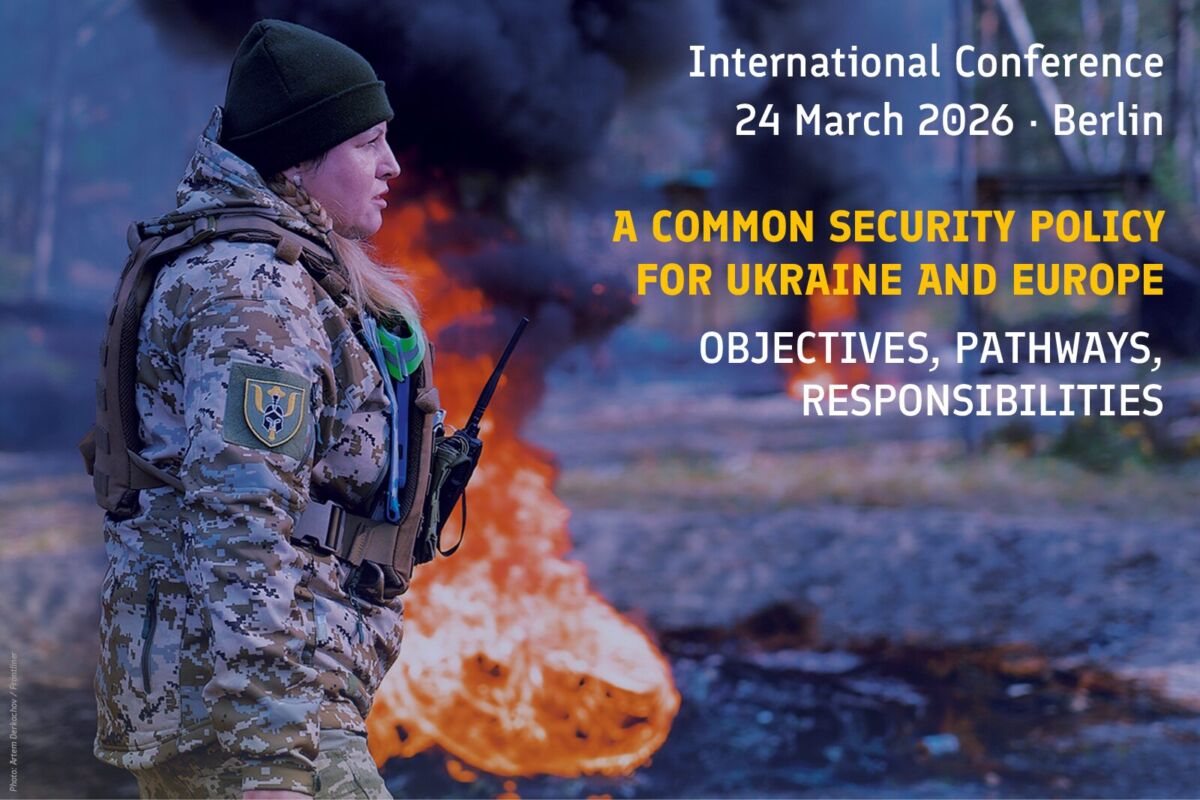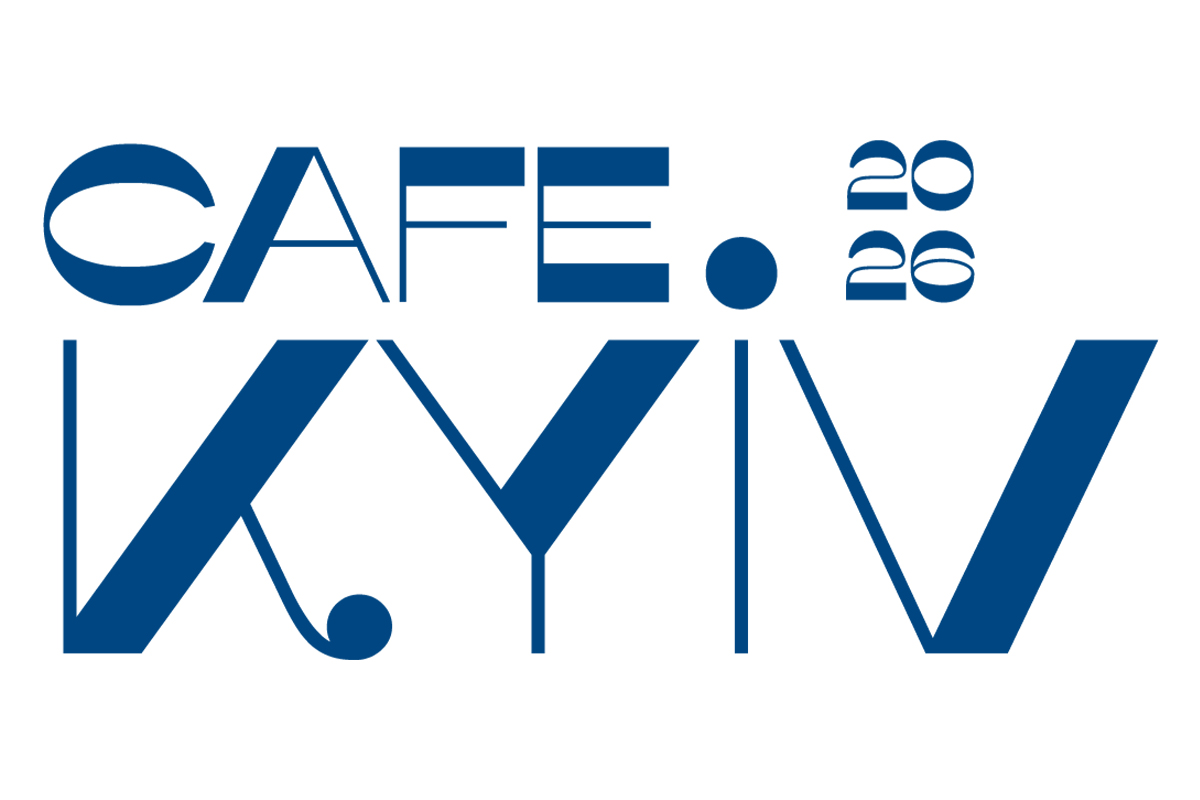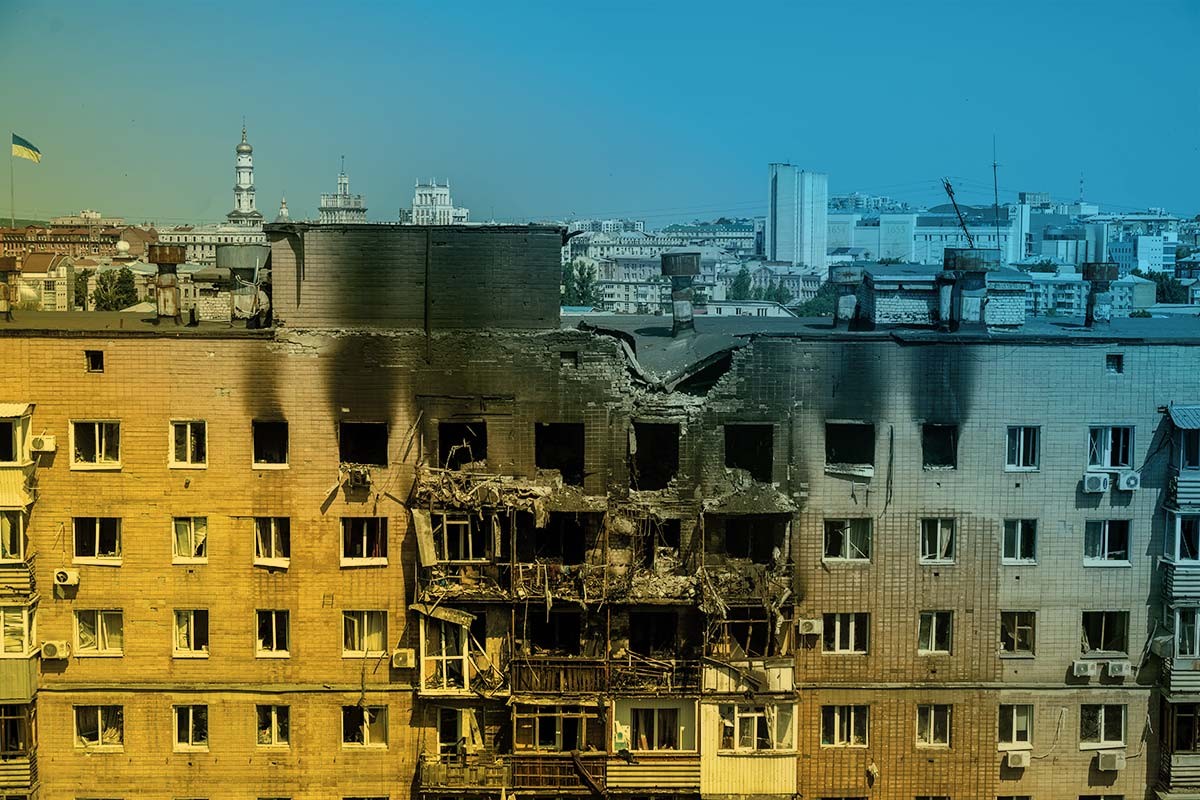France 2022: And then there was war

French election campaigns are usually desperately navel-gazing. Foreign policy issues are all but absent from the debate. And even in ‘ordinary’ times, all mainstream evening news programmes consider international news a toxic audience killer. But the war in Ukraine has swept everything else in the background and changed the campaign dynamic. It has also put quite a few candidates under pressure for pro-Russian stances and statements.
International news? Foreign Policy? Yawn!!!
For a state that entertains 160 embassies, 96 cultural institutes and 800 language centres all over the world, holds a permanent seat in the UN Security Council, belongs to the still rather small circle of nuclear powers and currently deploys over 30,000 soldiers in a variety of crisis zones abroad, geopolitical issues are surprisingly absent when it comes to choosing the next President.
For all its universalist beliefs, France is most of the time an introverted, navel-gazing country. The most-watched French eight o’clock evening news shows on TF1 (private) and France2 (public), which account for 50% of the audience both shun international news like vampires flee garlic. You learn more about what’s going on in the world in the fifteen minutes of the German Tagesschau than in half an hour with its French homologues. That’s particularly true for all things European: German public broadcasters have accredited a total of 35 journalists in Brussels, France Télévision proudly boasts two.
Admittedly, there is ARTE, with a resolutely international outlook in their 7:45 evening news, and there is excellent and intelligent coverage of international news on the public radio stations, and still a good choice of quality daily newspapers and weekly magazines to get your information from. But mainstream television channels, still one of the main sources of information for the population, have systematically and brazenly shrunk their respective networks of foreign correspondents over recent decades, as David Garcia recalled in a (depressing) recent investigation in Le Monde diplomatique. If they have kept correspondents in London and Rome, it’s only because of the British monarchy and the Vatican. And Washington, of course: Trump’s antics were a gift, and every four years, American elections are a dramatic delight.
This is worrying. And it has even dawned on French policymakers. Due, perhaps, to the pro-European outlook of Emmanuel Macron’s majority, the French parliament has even commissioned an ‘Information report concerning the consideration of European issues in audio-visual media’ (published in autumn 2021). Needless to say, there will be little effect. It’s impossible (and not desirable either) to impose quotas of EU coverage on French broadcasters. But it’s about time to shake the old belief, based on dubious, and dated evidence, that foreign affairs are toxic for audience ratings.
In election campaigns, the inward-looking becomes even worse. Ten years ago, after more than two and a half hours in the final TV debate of the presidential campaign between François Hollande and Nicolas Sarkozy, the renowned moderator David Pujadas had to start begging for at least one word on foreign policy. They kindly accepted his request, at around half past eleven, discussing Afghanistan and the Sahel for 11 minutes.
This year, a similar proportion was to be expected, despite de simultaneous French EU Council Presidency. This is actually paradoxical since the President to be elected will spend more than half of his/her time on obligations and crisis management in Europe and the world, delegating most of the domestic work to the prime minister.
Putin’s war has changed the perspective. The remaining five campaign weeks will be dominated and profoundly altered by the horrific pictures from Ukraine. Loud and enthusiastic campaign rallies will seem inappropriate, aggressive rhetoric will have to be handled with the utmost care by all challengers. Especially those who have been a bit too close to Putin in the past.
In France V‑Days are W‑Days
In many European countries, people are puzzled by the military parade on the Champs-Elysées on 14 July. To many, it feels like a Cold War ritual that befits authoritarian regimes but is unsuitable, if not ridiculous, for 21st-century liberal democracy.
It’s a misapprehension I can fully understand. Having been socialised in the pacifist, anti-militaristic mood in Western Germany of the post-war decades, I needed twenty years to understand how little the 14 July parade has to do with any kind of glorification of the army, let alone the war. Rather than a nostalgic celebration of military grandeur, it’s a heartfelt tribute to those who make sure the country can continue to enjoy freedom and self-determination.
In its overwhelming majority, the French nation has absolutely no romantic longing for times when glory and honour were acquired on battlefields. Quite the contrary: since 1918, this country has been struck by a deeply-rooted war-weariness. So many of its regions are plastered with war cemeteries of so many different nations. The most remote village has a war memorial with the names of entire cohorts of boys engraved in it. When people gather around them on 11 November or 8 May they don’t see much to celebrate, they simply want to remember the immeasurable blood toll that was paid. Rather than Victory Day, it’s Weariness Day really.
World War II was experienced as a period of occupation through an overpowering, aggressive neighbour, during which society split up painfully into opportunistic collaborators, passive followers, and brave resistant fighters. Thanks to the latter, honour was safe, but nothing to be particularly proud of. And beyond some die-hard imperialistic circles, there was not much enthusiasm for the independence wars in the crumbling colonial empire of the 1950s.
Clearly, there is little appetite in French society to link war to “our finest hour”. In the collective memory, dominated by the courage and determination of Charles de Gaulle (as well as his selective rewriting of history), the term “war” is a site of memory that rather than commemorate Napoleonic conquests, invokes a situation of existential, almost hopeless threat, in which resistance becomes a moral duty.
That’s exactly the semantic connotation conveyed by Emmanuel Macron when he used the term “war” six times in his first big corona speech on French television on 16 March 2020. To many foreign ears, this sounded definitely over-the-top. But for his citizens, it felt like a sober, down-to-the-point description of the circumstances.
Incumbency advantage in times of crisis
In the ongoing election campaign, disrupted by the shock of an aggressive invasion on the European continent, French war-weariness will ensure that the President’s vain attempts to dissuade Vladimir Putin with diplomatic means from attacking Ukraine, will not be perceived as a failure, but as a sincere, morally justified effort. His challengers would be well advised to avoid blaming him for his lack of success.
What they will criticise is the quasi-automatic advantage that the incumbent draws from the most serious crisis situation of recent years (in a country that has had no shortage of crises recently). It allows Emmanuel Macron to cultivate his profile as an internationally recognised statesman and simultaneously remain far above the lowlands of campaign rhetoric. With only five weeks to go until the first election round, he simply refuses to enter the ring. Even his official announcement of running for re-election was almost done offhandedly: in written form, in the regional daily newspapers that still cover the territory.
The electoral system with its two rounds is playing into his hands: it enables him to play the role of the chess champion who watches with interest the semi-finals of his future contenders for the crown. And thanks to the relentless fragmentation of the party spectrum, a voter base of roughly 25% is a guarantee for the second round anyway.
The challengers will also have serious difficulties in criticising their foreign policy choices for the last five years. True, he has failed in his attempts to establish a constructive personal relationship with the likes of Trump or Putin. And he has not been able to obtain massive tangible successes beyond the admittedly massive and tangible EU recovery plan, of whose necessity and scope he managed to convince both the Germans and the Even-More-Frugals. But in hindsight, many of his provocative statements and ambitious visions are rather vindicated by the events.
Calling NATO “brain dead” may have been a wee bit exaggerated, but it also was a helpful whistle-blower’s alert. His repeated calls for “European sovereignty”, for more responsibility in building capabilities of self-defence, turn out to be well-founded. And domestically, he was the first in a long list of presidents who addressed the costly (and therefore always postponed) modernisation of the French armed forces by scheduling a progressive increase of the defence budget.
All this leaves little opportunity to attack Macron in the area, European and foreign policy, which not only is bound to overshadow the rest of the campaign but also serves as a painful reminder to everybody that the youngest of the candidates (44 years old) is the one with the most experience in these matters.
Pictures of Putin
Not to mention the fact that the war in Ukraine puts all four main challengers of Macron in a difficult position with regard to past statements and attitudes towards Vladimir Putin and Russian great power politics.
Among them, Valérie Pécresse, from the (formerly moderate) Républicains is the least concerned. She has never been part of the clique of Putinophiles in her party, vocally led by Nicolas Sarkozy. And she managed to defuse the next François Fillon scandal. The former prime minister and presidential candidate in 2017 occupied two well-remunerated seats on the board of the energy firms Sibur and Zarubezhneft. He withdrew from both now – apparently following a phone call with Valérie Pécresse – and declared in a newspaper article he had been deceived about Putin’s real intentions.
Marine Le Pen will have a much harder time freeing herself from the image of a typical radical right Putin groupie. Permanently under financial pressure, she had contracted a 9‑million Euro loan at Moscow bank for her 2017 campaign. What’s even more embarrassing is the ballyhoo she then made about her personal audience with Vladimir (at the time, he still sat down at small round coffee tables). It was an opportunity for her to sharply criticise EU sanctions against the Crimea annexation: “My viewpoint on Ukraine is perfectly congruent with Russia’s”, she said. Good to know. And the handshake photo taken at the occasion can be found in the glossy election brochure already printed in 1.2 million copies, as Libération hastened to tell us this week.
Genuine hymns of praise for Vladimir Putin can also be found in Eric Zemmour’s writings and talk-show clippings. In particular, his “dream of a French Putin” and repeated expression of admiration for the “true patriot” and “last bastion of resistance against the tempest of political correctness”, are now coming home to haunt his campaign. Zemmour also had explicitly adopted Putin’s doctrine stripping Ukraine of any right to exist in the first place and has been castigating for years the West for its alleged aggression against Russia. The exhumation of all these skeletons, as well as his attempts at rebranding Putin as an “authoritarian democrat”, may not sink his campaign, but can hardly be helpful.
The situation is different for the leader of the radical left, Jean-Luc Mélenchon, who despite his uncontested erudition and eloquence has never managed to nuance his fundamental Anti-Americanism. In his world, Russia, Cuba, or Venezuela can only be victims of US imperialism, and his empathy for Putin’s conceptions of “sovereignty” and “security” have been a steady staple of his statements over the years. It would be unfair to grant him much sympathy for the state of Russian democracy, and when in Moscow he also met with dissidents. Now that he’s under pressure for taking sides, he half-heartedly condemns the invasion of Ukraine and keeps attacking his favourite object of scorn, the European Union, as well as its sanctions that he considers both illegitimate and ridiculous. All this is only convincing to his party members and die-hard followers but hardly conducive to finding the voters he needs to reach the second round.
What all these case studies highlight is the efficiency of pro-Russian lobbying in French politics over the last two decades. Even Emmanuel Macron, who does not lack intelligence and critical lucidity, could not help but be fascinated by the Bonapartist career of this leader of great military power. It is almost ironic that he now gathers an informal European Council at the Château of Versailles (10/11 March), exactly the place where he welcomed in great pomp Vladimir Putin for a state visit at the occasion of an exhibition on Peter the Great. Macron is also lucky that his party, La République en Marche, is simply too young to be contaminated by any attraction to Putin’s Russia.
Shocked and paralysed
Global politics has invited itself into the French election campaign and does not seem willing to leave any time soon. Feverishly, Macron’s challengers are seeking the right tone and a good strategy to attack the incumbent, instinctively knowing that the last thing the vast majority now wants is petty polemics.
All the more so as even the mainstream evening news programmes seem up to the challenge. Not only do they cover the war intensively, but they provide actually good explanations of complex issues, mobilising competent reporters and truly brilliant experts. It’s almost paradoxical: created for providing sustainable peace, the EU may actually be better understood and appreciated by many for its current activities in the war.
Not so navel-gazing, after all, France in the 2022 election campaign. There seems to be a widespread understanding that this is not just a Russian-Ukrainian conflict, but a proxy war for democracy and self-determination the outcome of which will have a lasting impact on Western democracies, too. In his televised speech of 2 March, Macron summarised very clearly what’s at stake: “Democracy is no longer considered an incontestable regime, it is put into question, right before our eyes.”
![]()
Did you like thike this article? If yes, you can support the independent editorial work and journalism of LibMod via a simple donation tool.
Donate via PayPal
We are recognized as a non-profit organization, accordingly donations are tax deductible. For a donation receipt (necessary for an amount over 200 EUR), please send your address data to finanzen@libmod.de
Verwandte Themen
Newsletter bestellen
Mit dem LibMod-Newsletter erhalten Sie regelmäßig Neuigkeiten zu unseren Themen in Ihr Postfach.





